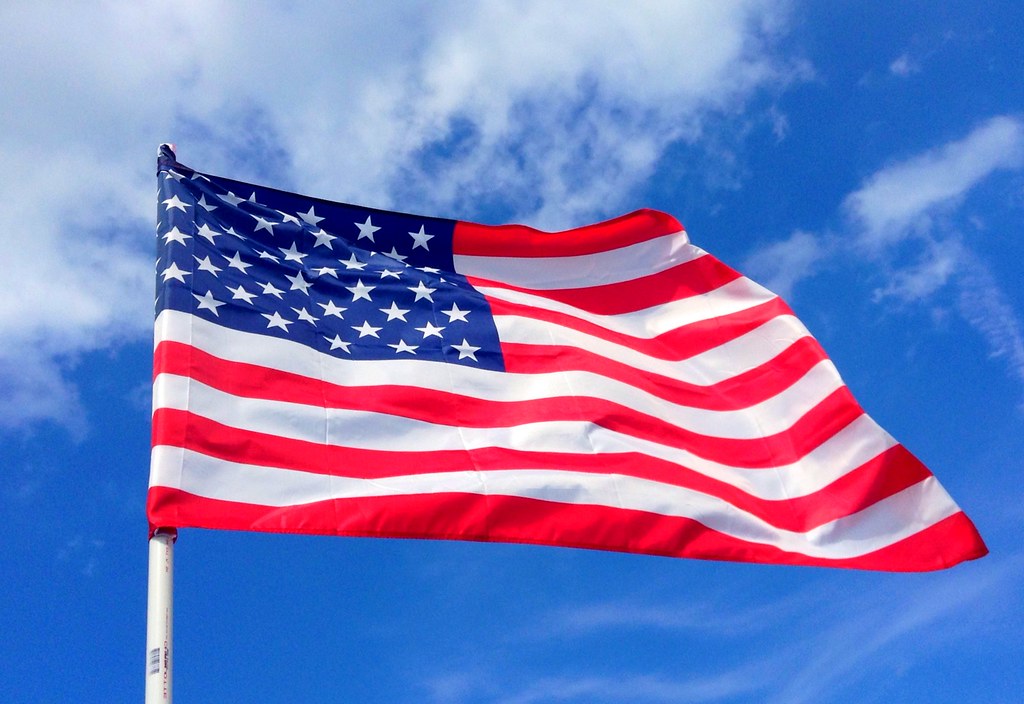Key takeaways:
- John Bolton, former national security adviser, faced indictment.
- Miles Taylor warns the administration taps data on anyone.
- Trump uses “made-to-order” or selective prosecution with ease.
- Weaponized power could target protesters and critics at scale.
- The system may expand under any future president.
- Every American’s rights are at risk in this new era.
Selective Prosecution Under Trump’s Control
John Bolton’s recent indictment marks a troubling milestone. Miles Taylor, former Homeland Security chief of staff, warns no one is safe. He explains that the administration can access private data on any American. Therefore, the power to punish or probe now sits at the president’s fingertips. This trend, called selective prosecution, bypasses traditional checks and balances. Moreover, it turns legal tools into political weapons. As a result, citizens worry about unfair targeting based on beliefs or protests.
Why Miles Taylor Sounds the Alarm
Miles Taylor served at the highest levels of the Trump White House. He saw firsthand how investigations began at a simple verbal order. In fact, Trump’s team called these “fast food prosecutions.” Taylor notes that a casual comment or signature could start a legal probe. Thus, the president wields an almost unchecked power to pursue critics. He also points out past attempts to use the IRS against opponents. When Trump asked to open audits on critics, Kelly refused. Yet, the idea set a dangerous precedent for future abuse.
How Selective Prosecution Works
Selective prosecution means choosing who to investigate based on politics, not facts. First, an executive order or private instruction can launch a probe. Next, agencies like Justice or the IRS tap into extensive data stores. Then, officials sift through emails, phone logs, and tax records. Consequently, they find minor issues to build cases. In addition, investigators can expand their hunt using broad search powers. Ultimately, critics face legal battles that drain finances and morale. This process could soon target entire groups like protesters or community leaders.
The Role of Data in Targeted Investigations
Today’s technology makes data collection easier than ever. Social media posts, banking records, and phone metadata all feed into government databases. Therefore, anyone’s actions can be parsed and flagged. Moreover, artificial intelligence can spot patterns and suggest targets. Thus, a casual mention in a private chat could trigger a full audit. In this context, selective prosecution becomes a data-driven tool. It no longer relies on solid evidence or fair procedures. Instead, it leverages analytics to single out individuals or groups.
What This Means for Every American
If the trend continues, citizens may hesitate before speaking freely. For example, protesters might worry their names end up on watch lists. Community organizers could fear audits or surprise subpoenas. Even journalists might tread lightly when covering the administration. Such self-censorship undermines democracy and free speech. Furthermore, the threat of legal action could intimidate voters and activists. In other words, selective prosecution harms more than its direct victims. It chills the public’s willingness to speak up and hold leaders accountable.
Preventing Abuse of Executive Power
To restore balance, Congress and courts must step in. First, lawmakers can pass clear rules limiting executive reach. For instance, they could require warrants for data access. Second, judges should scrutinize politically charged investigations more closely. Third, whistleblower protections must strengthen so insiders can report abuse safely. Finally, citizens can demand transparency about data use and investigations. In addition, public pressure on elected officials can push for reforms. Ultimately, a united civic effort can curb the rise of selective prosecution.
Looking Ahead
Selective prosecution as a tool of political control poses a grave threat. While today’s warnings come from one administration, the danger applies to all. Whether under a Republican or Democrat, unchecked power breeds abuse. Therefore, Americans must act now to preserve fair legal processes. In doing so, they protect their own rights, as well as those of future generations. This fight will define the nation’s commitment to justice and equality.
Frequently Asked Questions
What is selective prosecution?
Selective prosecution happens when officials choose to investigate people for political reasons rather than solid evidence. It targets individuals based on beliefs, affiliations, or criticism of those in power.
How can data enable selective prosecution?
Governments collect massive amounts of private data, from phone logs to social posts. By analyzing these sources, they can single out anyone and build cases without clear wrongdoing.
Could any president use this power?
Yes. Without clear legal limits, any president could exploit executive tools to punish critics. That’s why experts stress the need for stronger checks and balances.
What can citizens do to protect their rights?
Voters can hold lawmakers accountable, support transparency laws, and back whistleblower protections. Public pressure on elected officials helps ensure fair legal processes for everyone.
